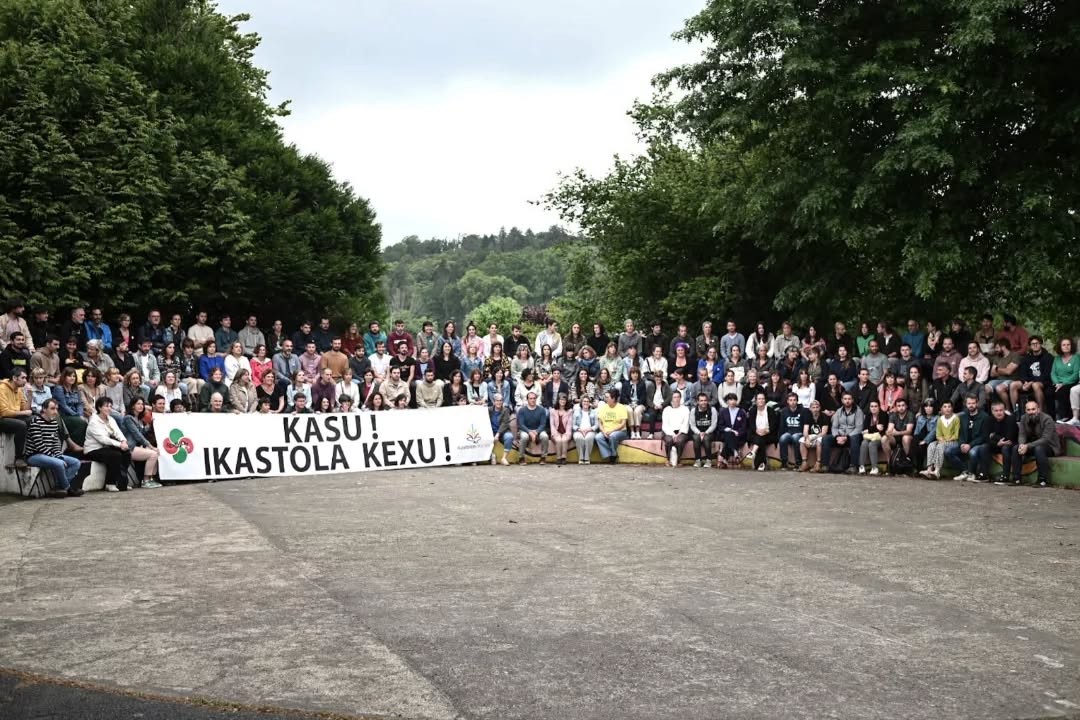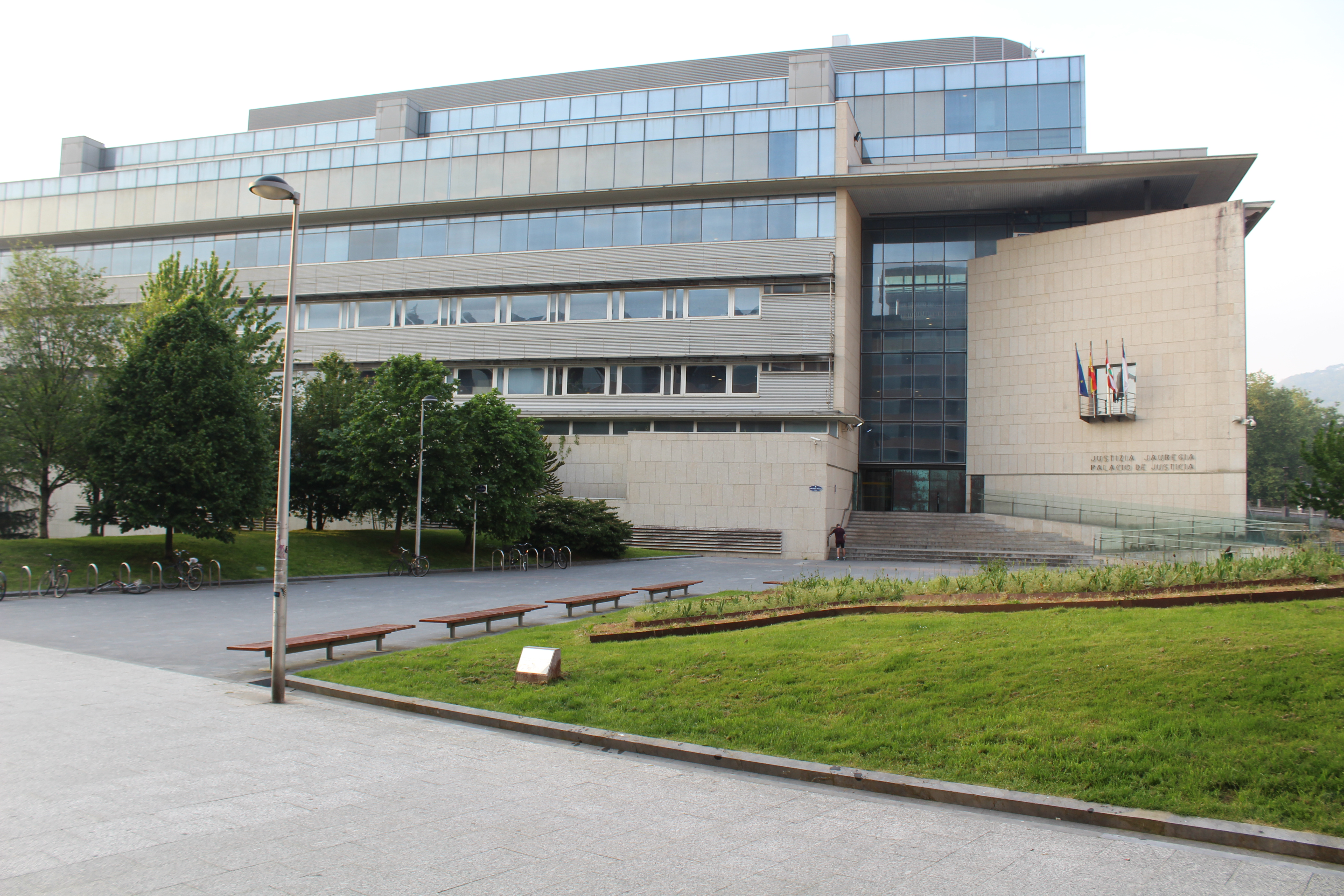"I feel to myself sending messages in favor of the Basque Country"
- Journalist and translator by profession, is a compiler of curiosities of popular culture, by hobby. He knows as few the history of the Basque Country in Navarre and knows it as no one to tell the people of today. Parrandero, bertsolari de mesa, cheerful boat of various cacerolas and master of the word, this is how this heir of the digital age of the Basques and of Arturo Campión.
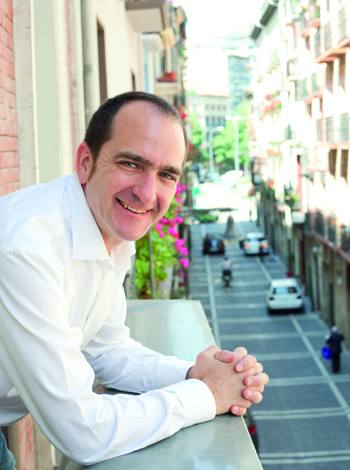
What place has Euskaltzalism had in your family?
Aitatxi didn't know Euskera, but he understood something. It was Pedro, from Zildozo, from the Perutxena house. He was a homeopathic doctor and, it is said, very famous in his time. He came to Pamplona to live as a young man. Her father's mother, Grandma Paca, was from Legarda, from Etxarte's house. The father was founded in 1925. She didn't learn Basque at home. I think at the age of 13 or 14, she began to study with an Euskaldun maid who was at home. In addition, an uncle of his father, Severiano, who died very young, was Txistulari, a dancer from the Basque Country Etxea of Pamplona and a large corridor of the lockdown. I was very moved and very fond of parties and I don't know if it influences him or not, my father began to learn Basque. He then continued in military service. He read Arturo Campión's Black and White novel, which left him a deep fingerprint. In this work, the vicissitudes of the Carlists and liberals of the nineteenth century are collected from a Vascopan perspective. After the war, he was at the foundation of the Aita Oberena association in 1940. In this context a group of ezek dantzaris emerged that, in the years after the end of the war, traveled to Navarre in many towns, carrying their clothes and clubs on a mule, since there were no roads to reach some villages. There, in Oberena, Euskaltzale people from Pamplona met in one way or another.
The dark years of postwar.
In Pamplona there was no atmosphere. The Basque people, the actors of the Republican era, were in full exile. Many others were killed or unwilling to create, such as the writer of Navarrería Alexander Tapia or the painter Javier Ciga. The war was a tremendous truce. He broke his vasquism. In the 40's and 50's, it was seen that the Basque country was constantly going back. In this situation, a group of renowned men and women of the time presented a letter asking the Deputy to do something, otherwise the Basque would soon disappear. In response, the Deputy created in 1957 the Department of Defense of the Basque Country, in which our father, 33, was appointed as the head of the same. He was not an official and, like others, he worked without collecting anything, willingly. He was appointed to that post because he met the three requirements that were required: not having fought on one side or the other in the war, not being a priest and being Basque. They began with Aingeru Irigaray, Jose Maria Satrustegi and other village friends in town, not teaching Euskera, but talking with Basque families to take away their negative view of the Basque and encourage them to teach them Euskera, since each house was the best ikastola.
In addition, all boys and girls from the Basque towns were given the Basque exams and those who knew well were given the medal and the diploma and charged a money in the Caja de Navarra. That's how they started. They also did another work, not very uncovered, but silently: they helped create the ikastolas. Bertsolaris sessions were also organized. Championships were held in Lekunberri in the 1960s and in the next six or seven years. The last great final took place at the Gayarre Theatre in the capital of Navarre. The room was crowded and broadcast live on Radio Popular. The Basque festivities were also prepared, giving continuity to those of the late nineteenth century. Little by little they managed to create an environment. On the other hand, the Basque Department of Defense created the journal Príncipe de Viana. There were those who wrote in Basque at that time: About 30 people. And also new, young people, especially in the supplementary Arnasa. There, for example, they began to write Patxi Zabaleta, Sagrario Alemán and others. It was a monthly magazine distributed free of charge to thousands of households. They wrote about the news from the counties, the Basque literature, music and bertsolarism. In addition, they addressed other issues: the first human being on the moon, industrialization, the environment… It was very open. This lasted until 1973. At the same time, the page of the journal Nafar izkuntza published by the Diario de Navarra began to be corrected. These Euskaltzales were spreading their message in favor of the Basque Country in the 1960s, just as the members of the Euskara association did 80 years earlier. They had a big concern: to make a huge effort to curb the loss of Euskera, but little success. Nothing could be achieved. He was losing at full speed in the villages and valleys of Navarra. In the early twentieth century, Xulapain and Ezkabarte were Basque. In the Republican era, Ultzama, Imotz, Odiet, and then beyond Belate. We have always lived in our house with that grief and that was the same regret that Arturo Campión had. I was bitterly saying that some are leaving, but that there are no new people approaching the Basque country. For this reason, when the children of the first ikastola in Pamplona of the Republican era paid him a tribute, they took a plaque to his house of Chapitela Street, which said: “Some leave, but others leave us.” He was very happy about it.
With this concern, have you been forced to do something?
Yes, of course. Limiting this loss and influencing in one way or another has always been my passion and that of others in my family for the Basque Country to take some steps forward. How? Above all, on the road to sowing, creation and construction, we have worked hard on this. I have been writing here and there, and above all I have been sending messages in favor of the Basque country naturally.
He was a student of the first ikastola of Pamplona in the new era.
In 1965, the first post-war ikastola was launched in Pozoblanco Street, with five or six students. By the end of the course we were already a dozen. The next course we got together about 40 children and went to San José Square. All the distractions we did were in Reddin. They were still hand-made ropes. That was our setting in the old town. Then it was small, because Pamplona was growing a lot and then the ikastola went to two places: At a downhill from Baiona Avenue and to the Irrintzi Tower, where Euskalerria Irratia is currently located. It took strength and then new ikastolas were created in several villages. Her younger sister, Itziar, also went to ikastola and today she works in the translation world.
You've worked a lot in the media.
I started studying law, and one day in 1982, they called me on the phone and asked me if I would do the summary in Basque that they did on the Telenavarra chain, recently started. I went to test them, and I said yes. In 1984, the National Radio broadcast premiered in Pamplona and then there in the news a summary and in Txuri ta beltz a half-hour program that I started doing once a week. A girl and I acted. At the same time, I started writing here and there, following the footprints of my father and my brother Perico. I owe a great deal to my brother Perico, both in writing and translation. Then I entered Euskalerria Irratia, just before I started broadcasting the broadcaster. Without realizing it, I was immersed in Basque journalism. At that time, Korrok magazine was promoted by Alonso, Taberna, Azkona and others. Then came Nafarroa today, the supplement in Basque of the newspaper Navarra Hoy, directed by Epalza, a very important plaza of front and bottom in the 1980s. For the young people of that time, there was an opportunity to write and train. There, I was doing interviews and reporting. Attendees include, for example, Aingeru Epaltza (which he signed under the name of Martikorena), Patziku Perurena, Eduardo Gil Bera, Fermin Erbiti, Iñaki Errea, Xanti Begiristain, Asisko Urmeneta started making their ribbons… A fairly heterodox group. It was a place to train, there are many agents of this generation who have done and are doing very important work. It lasted until 1994, and was later replaced by the Navarro, supplement of the Journal. The truce of the Navarro was a great loss. The new generations have not had the opportunity to train. They have nowhere to write.
Is it still necessary to create prestige and illusion?
The 1990s were a pretty good year in Navarre, compared to all of the above. The decline of the Basque country came from a long way and that had to change in the minds and minds of the Basques. I believe that this has been achieved and that this setback has been brought to a halt. About twenty years ago, for the first time steps were taken: the teaching in Euskera spread, the creation of Euskalerria Irratia… Through radio, for example, I think it was possible to awaken the illusion of the Euskaldun people who came to live in Pamplona. Also at that time, in the framework of the Bai Euskarari campaign, the Sadar football camp was filled up, which Osasuna was barely able to achieve, which was a reaction, a brutal aggression that began in 2000: all laws, rules and decrees, the disappearance of the General Directorate of Linguistic Policy, etc. And it's also had to do with that attack, of course, ETA's unjust violence. For example, when ETA murdered Caballero, the right said "enough." Its consequences have been harsh. Who were they killed? One of the few UPN leaders who did not regard Euskera as a foreign issue, who was president of the Oberena association. Since then, it is over; UPN has built its vengeance at the expense of the Basques, and, worse still, has managed to get a large part of society to stand against the Basque, and now they are enthusiastic militants against the Basque. In the face of that, we have to keep working with our heads, with common sense, trying to attract people around us, and not out of fear or forgetfulness. In this sense, it is noteworthy, for example, Ze Berri? the work of the journal. It distributes almost 70,000 copies free of charge, through messages in favor of the Basque country. That's where I settle. The social base is spreading in favor of the Basque Country, but the other too. What is regrettable, for example, is that of television. Our children don't have any references. A solution is needed for ETB1 and ETB3 to also be here. The Basque people of the Navarre society should be able, as almost 30 years ago we managed to bring the signal from the Basque television to Pamplona, so that we can now also bring it in.
The Sanfermines of today are great festivals, multitudinous and in part similar to those of other places in the world. Where is the Basque taste perceived?
The Sanfermines are great feasts, the best feasts in the world, or, as someone says, the only feasts in the world… Well, regardless of the topics – and the Sanfermines have many, too many, some unbearable – they are very important for this city in many ways. The authorities should take this into account in the preparation of the festivities, in the organization of the events, taking into account all sectors and mentalities, but this is not the case; the Basque culture has been totally rejected, there have long been no groups of places in Basque in the dances. Some of them have hijacked the party, but fortunately, people are here and there to do other things.
You are a juerguist (this is not a question). What accessories does a good juerga need?
One is a surprise, that is, what is done by chance; but to me, the environment that follows a good meal; dancing, walking down the street and singing, whatever it is.
1962ko azaroaren 21ean Enrike Diez de Ultzurrun Sagalá jaio zen Iruñean, sei anai-arrebaren artean bosgarrena. Pedro Diez de Ultzurrun Etxarte, aita, mediku ezagun eta oso maitea izan zen Nafarroan. Lan handia egin zuen euskarak eta bere kulturak urtetan galdutako prestigioa berreskuratze aldera. Harengandik jaso zuen euskaltzaletasuna eta lan egiteko grina. Kazetari lanean ibili da gazte-gaztetandik Euskalerria Irratian, Nafarroa Gaur eta Nafarkaria gehigarrietan, Diario de Noticiasen, Argian…
"Iruñeko adin batetik gorako jendea hartaz gogoratuko da; gizon bizkar oker konkorduna, elbarria, Comedias kaleko loteria-saltzailea, karrikotxe batean ibiltaria. Gurpilei pedalez eragiten zien, baina ez hankekin, eskuekin baizik, pedalak bularraldearen parean baitzeuden. Hantxe ibiltzen zen Alde Zaharrean, Roch tabernatik Bar Espejo-ra.
Ongi jaio zen; baina 18 urtetan izan zuen gaitza, Gaztelako komentu batean fraide legoa zela; ibili ezinik gelditu zen. Iruñera itzulita, zapatak konpontzen hasi, eta bezeroen artean, toreroak izan zituen; besteak beste, Manolete hura; bai, Islero izeneko zezen lepabeltzak Linaresko zezen-plazan hil zuen huraxe bera.
Martzeliano Etxeko Juantxok eman zion goitizena, Zurikaldai, auskalo zergatik. Zurikaldai zapatari diplomatua.
1955ean-edo, Radio Requete sonatuak (egungo Iruñeko Cadena Ser-ek) ekimen bitxia antolatu zuen: boluntarioak eskatu zituen gure gizon konkorduna Iruñetik Lourdesera oinez eramateko; hau da, aulki gurpildun bat bultzatuta. Hiru boluntario agertu ziren: bata, Leringoa; bestea, Paternaingoa; hirugarrena, Etxaurikoa. Abiatzerakoan jendetza handia bildu zen, azken agurra emateko. Aulkia txandaka bultzatzen zuten errepidez errepide, mendatez mendate: Erro, Mezkiritz, Ibañeta… Zurikaldai, beti umoretsu: “Aupa, mutilok: itzultzerakoan, zuek karroan eserita, eta nik bultzatuko zaituztet”. Atzetik furgoneta bat jarraikitzen zitzaien, zer gerta ere. Euria bidelagun, lau gizonak euritako handi baten azpian iritsi ziren Arnegira, propio bidaia hartarako egindakoa. Baionako egunkari batek Zurikaldairen bidaiaren berri eman ondoren, manexak montioka atera zitzaizkion bide bazterrera, animoak emateko, txalotzeko, konkorra ukitzeko, horrek zoriona ekarriko zielakoan. 250 kilometro egin ondoren, noizbait ere Lourdesera iritsita, kobazulo saindua bisitatu ondotik, inguruko gain batean hartu zuten atseden. Bazkalondoren, gure hiru boluntarioak erdi modorro zeudela, ustekabean Zurikaldairen aulki gurpilduna aldapan beheiti hasi zen, gero eta abiada handiagoan. “Ama Birjina Lourdeskoa, Ama Birjina Lourdeskoa, gera nadila nagoen moduan!!” egin zuen oihu, eta, harrizko borda bat jotzera zihoanean, azken unean aulkia jiratu zen, eta gure gizona belar-meta batean sartu zen.
Nonbait, Lourdesko aldia egin ondoren, gauza izan zen zutitzeko eta, nekez bada ere, oinez ibiltzeko, bai eta, omen, entzierroan laster egiteko ere".









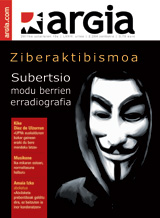

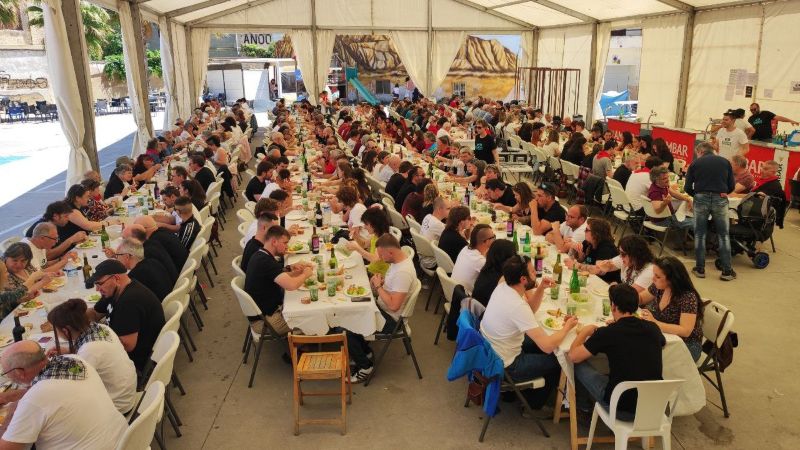

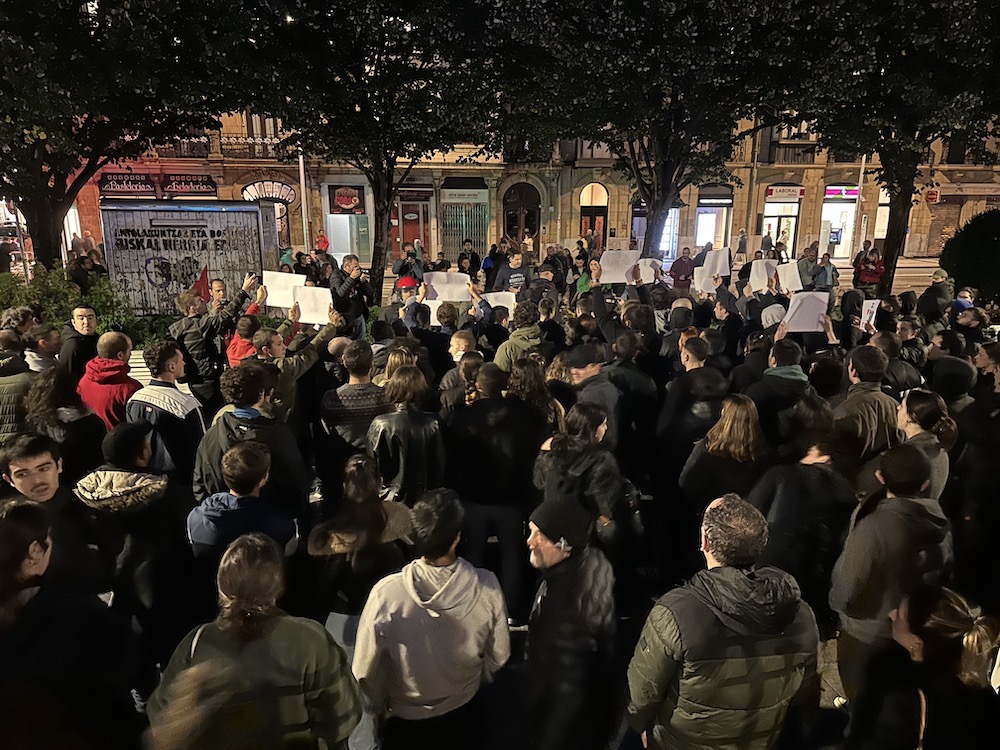
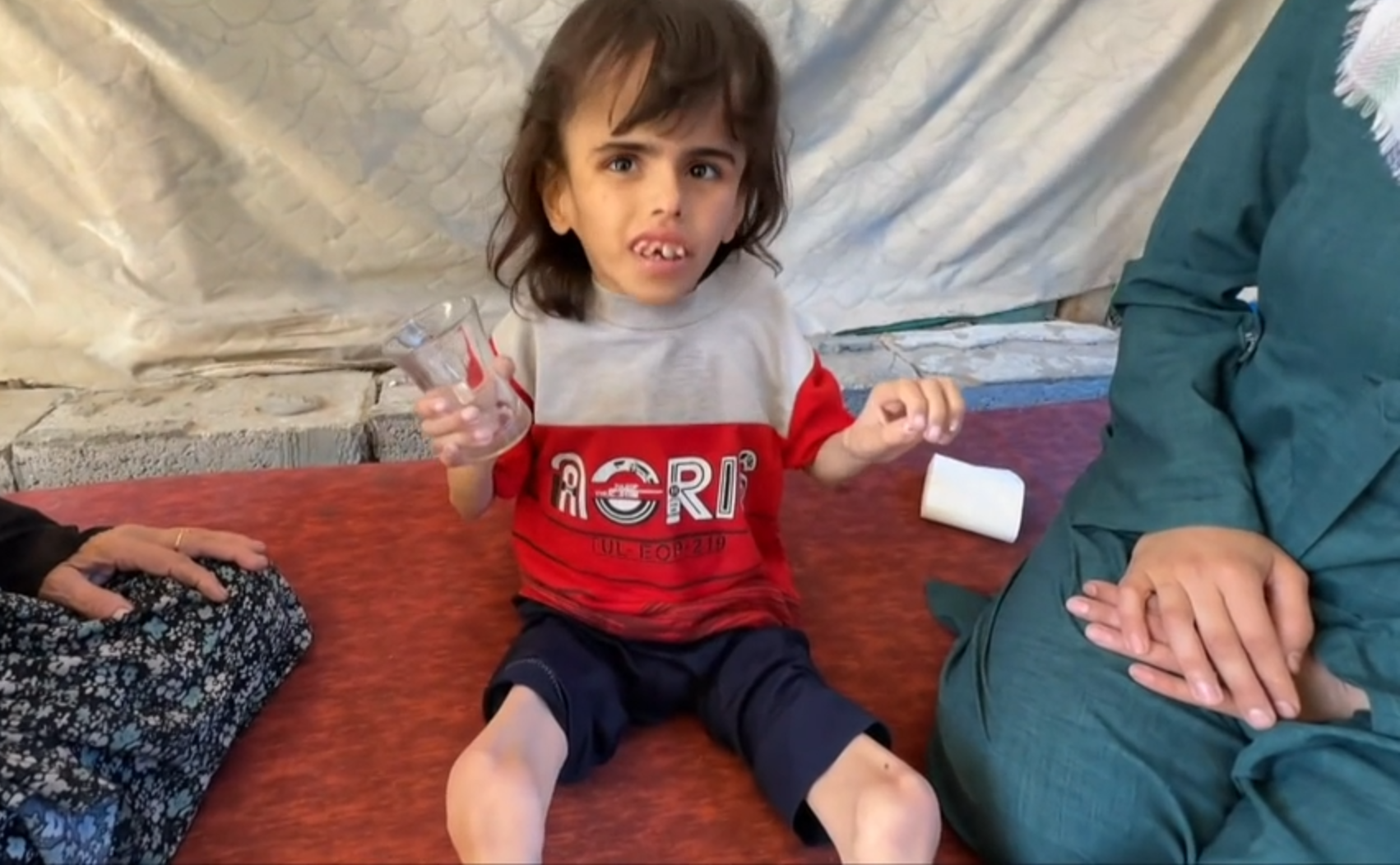
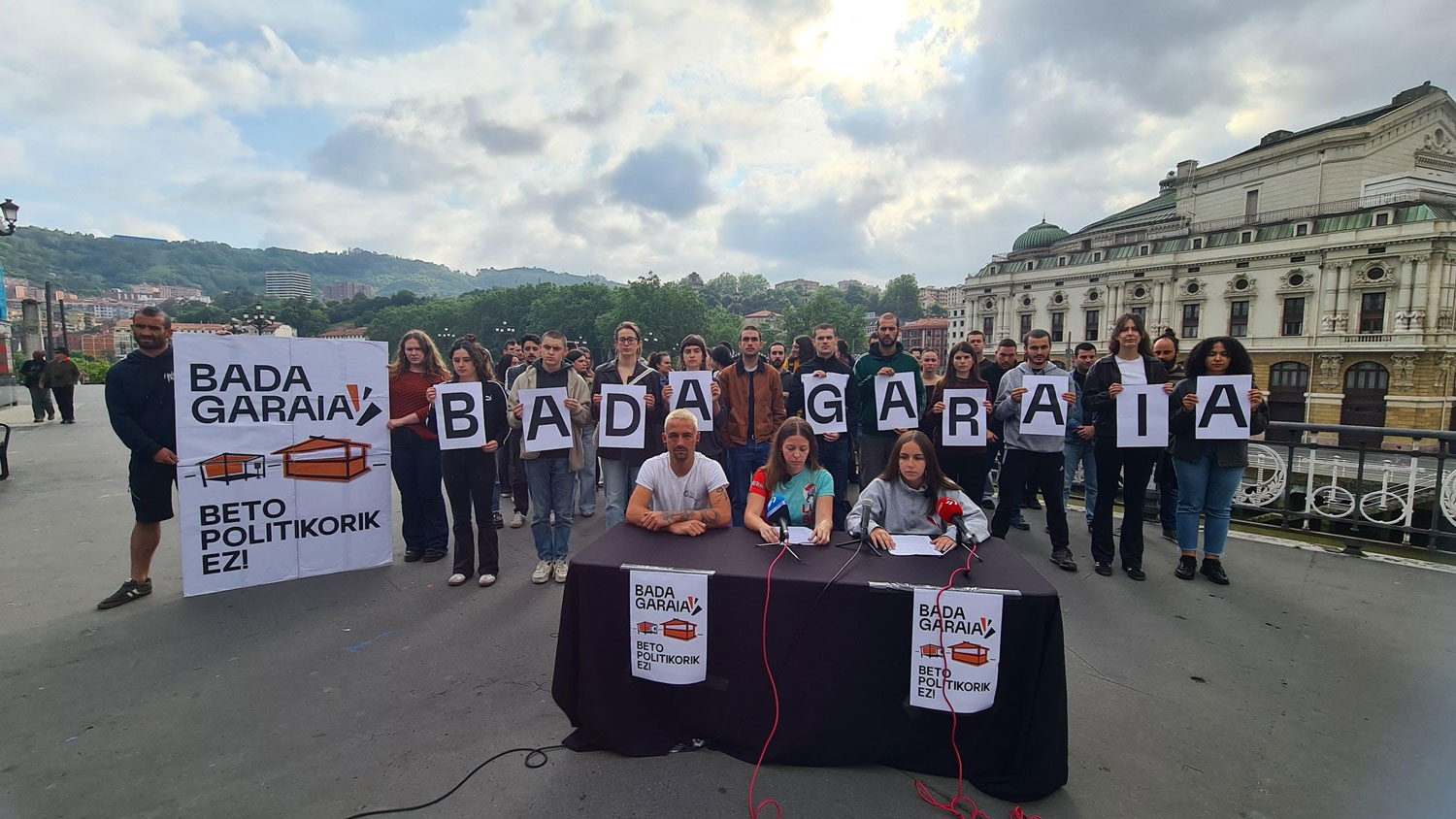
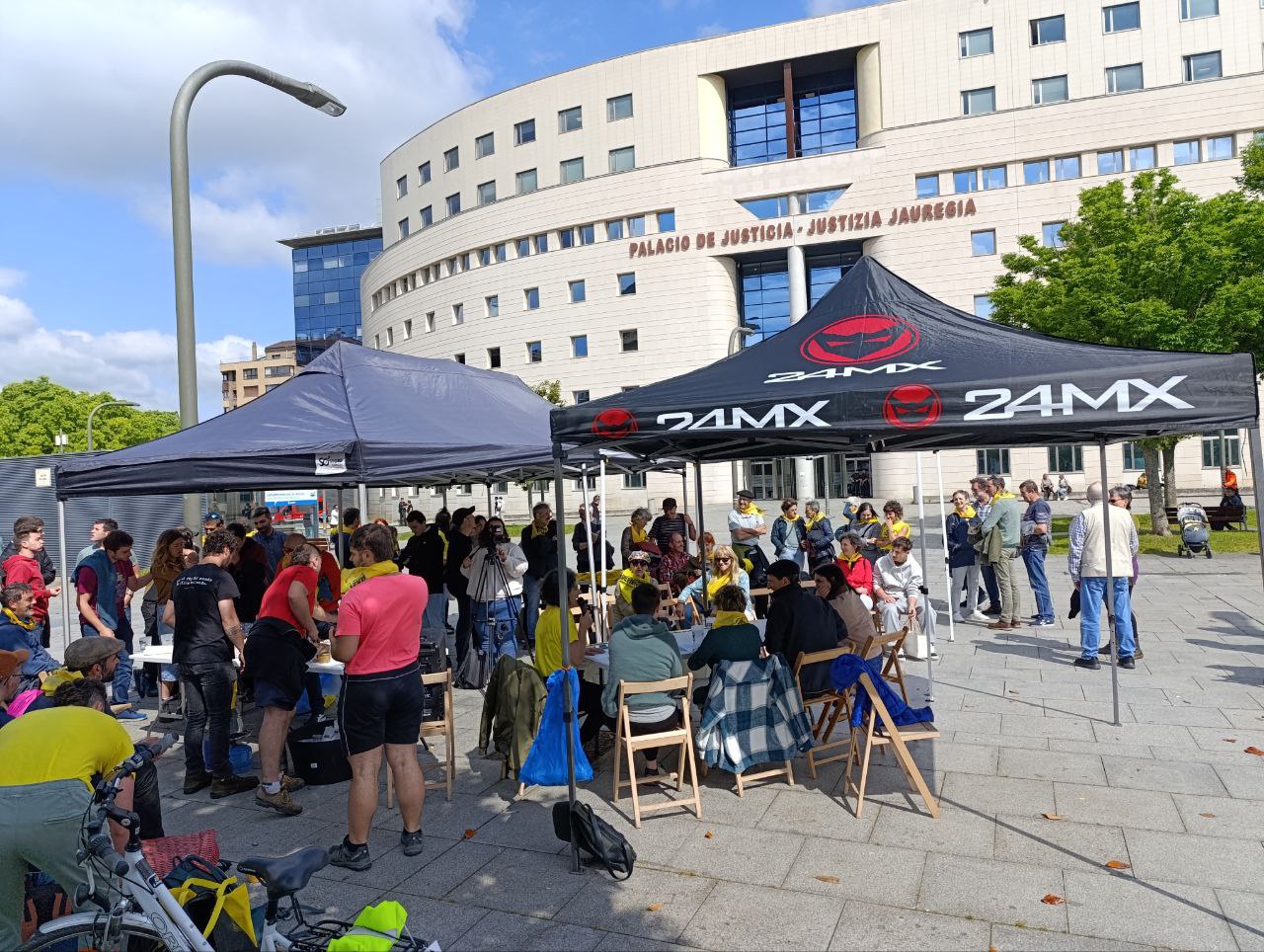
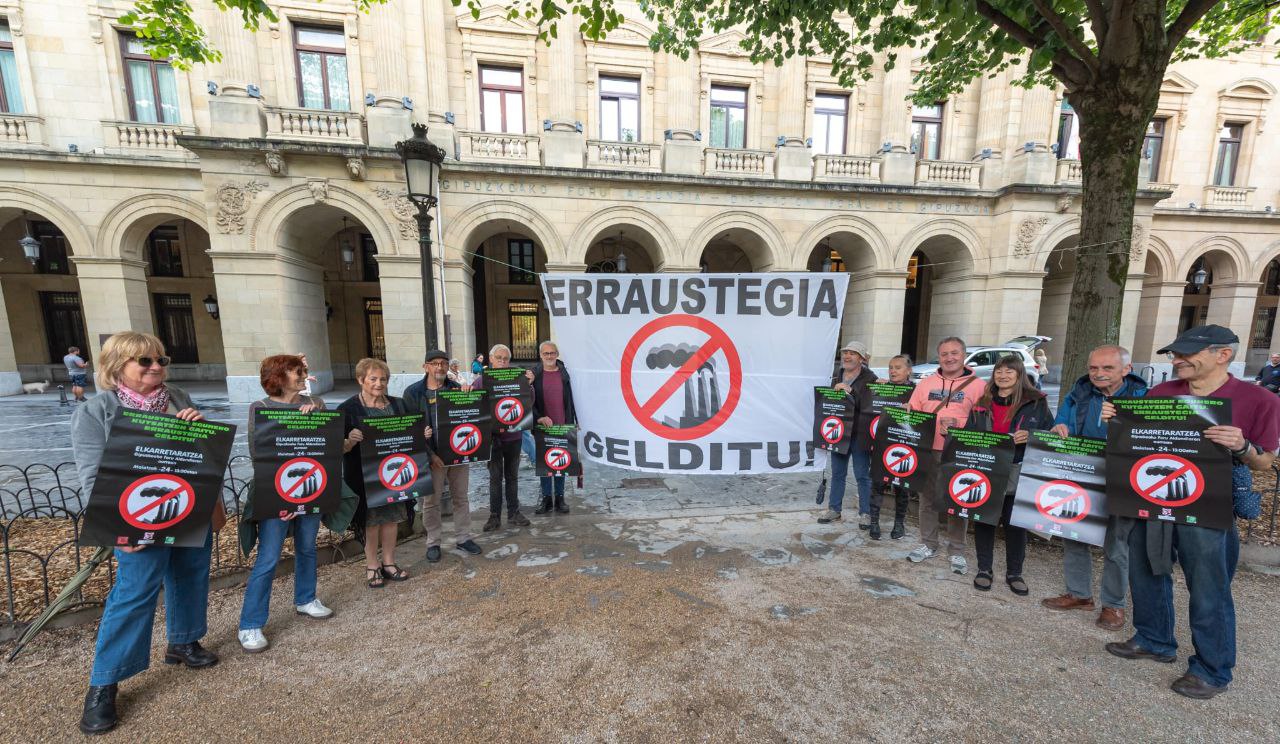

.jpg)

